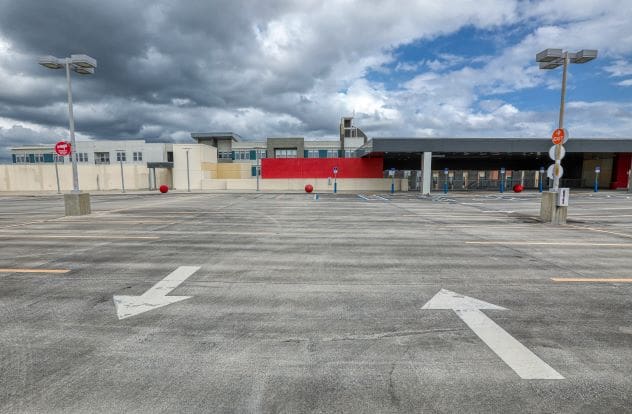Vacant land is one of the most overlooked and misunderstood real estate investments out there. Many people shy away from vacant land because they don’t understand the benefits of the investment. When done right, vacant land can be an incredibly profitable investment.
There are a few things to keep in mind when investing in vacant land. The first is to understand the zoning of the land. You need to make sure that the land is zoned for the type of development you have in mind. The second is to do your due diligence on the property. Make sure you know what you’re getting yourself into before making any commitments.
Vacant land is also a physical asset that you can see, touch, and feel. It doesn’t require insurance, and it doesn’t depreciate in value like a car or a piece of machinery.
Vacant land is a great way to diversify your investment portfolio. For example, it can be an excellent hedge against inflation. When the cost of living goes up, the value of vacant land usually goes up as well. Vacant land is also a tangible asset that you can sell if you need to raise cash quickly.
If you’re thinking about investing in vacant land, there are a few things you should keep in mind. First, vacant land is often illiquid, meaning it can be difficult to sell quickly. Second, vacant land can be expensive to maintain, especially if it’s not buildable. And finally, vacant land is a long-term investment, so you should be prepared to hold onto it for at least five to 10 years.
Finding Vacant Land
You can find vacant land for sale in a number of ways. First, look online on websites that advertise vacant land, such as Zillow, Redfin, and Trulia. You can also search for vacant land on Google Maps. Another option is to drive around areas where you’d like to live and look for For Sale signs.
When you find a piece of vacant land that you’re interested in, it’s important to do your due diligence before making an offer. This includes researching the property’s zoning laws, checking for any outstanding liens or taxes, and getting a soil test to see if the land is buildable. Once you’ve done your research and are ready to make an offer, you can start negotiating with the seller.
Investing in vacant land can be a great way to get started in real estate. Not only are you likely to find motivated sellers, but vacant land is often much less expensive than buying a property that’s already been developed. With some research and due diligence, you can find vacant land that will fit your needs and help you start building your real estate portfolio.
Conclusion
Vacant land can be a great investment if you do your homework and understand the risks involved. With the right approach, vacant land can provide you with a steady stream of income and solid returns on your investment.
You can learn more from our free and informative workshops. Join us: https://www.tlwbevents.com/workshop


